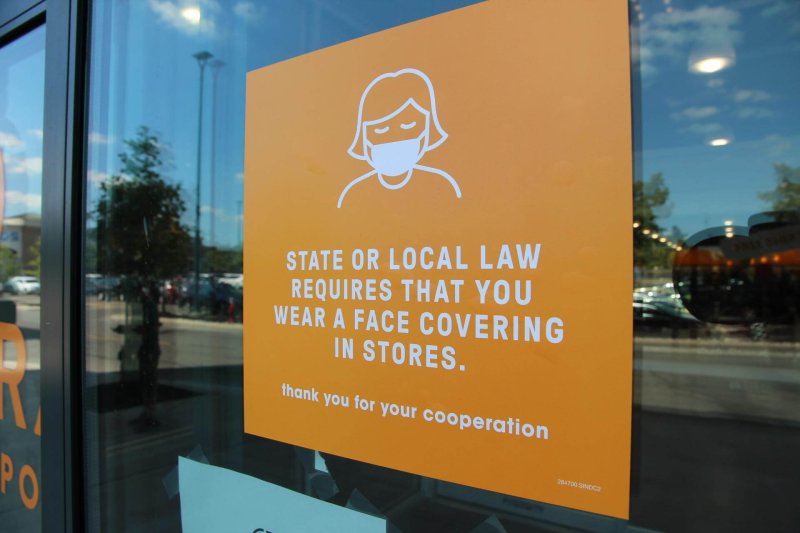Podcast: Play in new window | Download
Subscribe: RSS
Join geneticist Kevin Folta and GLP editor Cameron English on this episode of Science Facts and Fallacies as they break down these latest news stories:
RNA-based COVID-19 vaccines teach your body how to make the spike protein SARS-COV-2 uses to cause infection; this triggers an immune response that will protect you from the virus should you be exposed to it. As at-risk populations begin receiving the first doses of these vaccines, alternative health proponents allege that they’re based on untested technology and may cause potentially serious side effects. Is there any evidence to support these claims? And do we really know the vaccines are safe and effective?
“A more elegant chemotherapy.” That’s how scientists at Tel Aviv University in Israel described their effort to treat cancer with CRISPR. The researchers used the gene-editing technique to tweak the DNA of tumor cells in mice suffering from glioblastoma, a brain cancer, and metastatic ovarian cancer.
Treated animals in the study had double the life expectancy of the control group, and a 30% higher survival rate. The research team now plans to develop the treatment for all cancers and begin testing it in humans within two years. If they are successful, we may be on track to eliminate the use of cancer therapies that often have severe side effects.
While the study found little evidence that masks protected the wearers from Covid-19, it should not be used as evidence to not wear a mask. Even a small degree of protection is worth using the face masks, because you are protecting yourself against a potentially life-threatening disease.
Subscribe to the Science Facts and Fallacies Podcast on iTunes and Spotify.
Kevin M. Folta is a professor in the Horticultural Sciences Department at the University of Florida. Follow Professor Folta on Twitter @kevinfolta
Cameron J. English is the GLP’s managing editor. BIO. Follow him on Twitter @camjenglish































